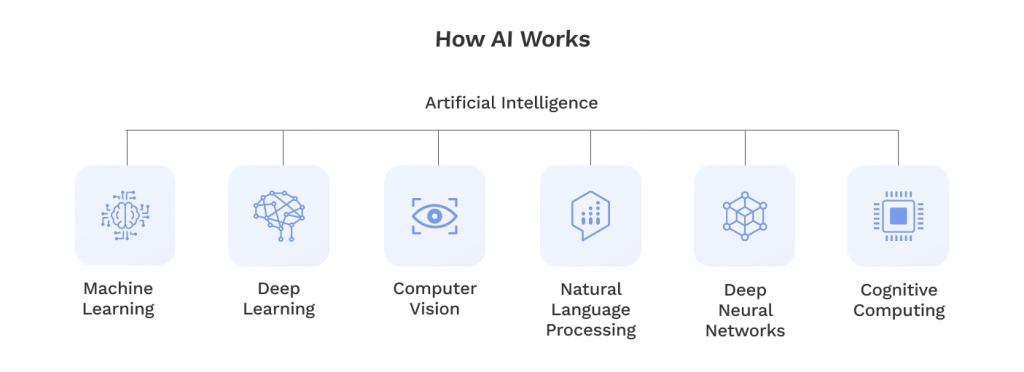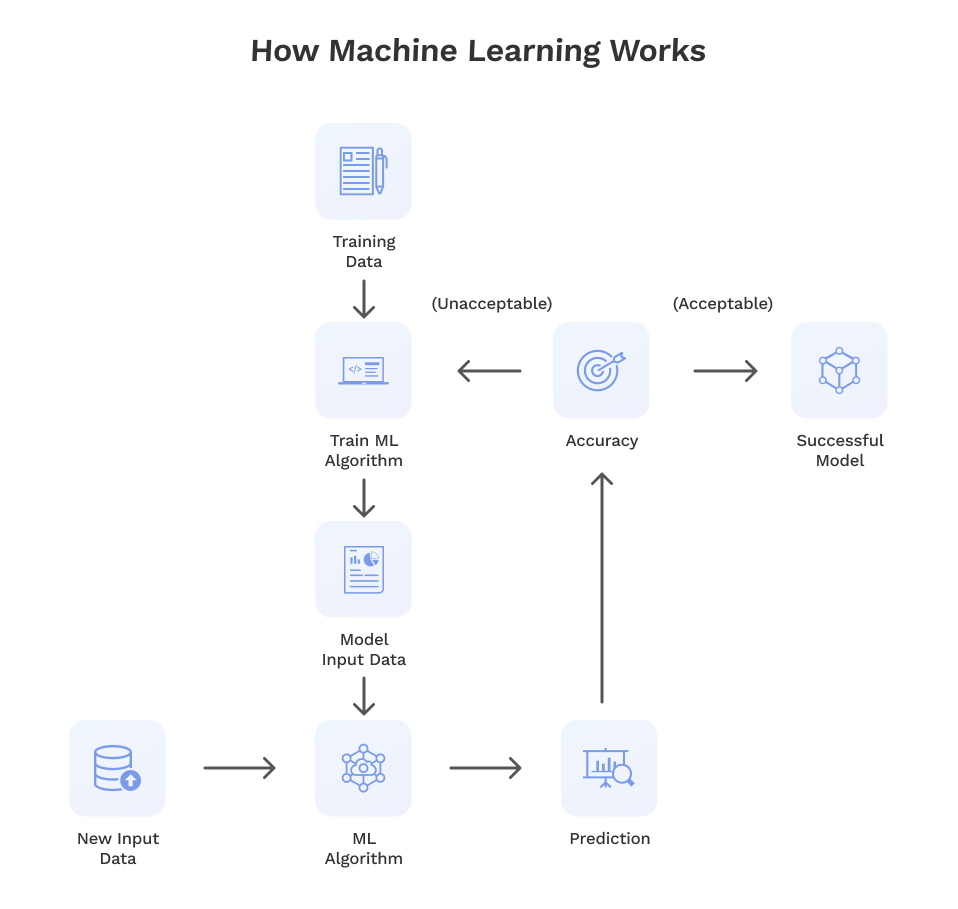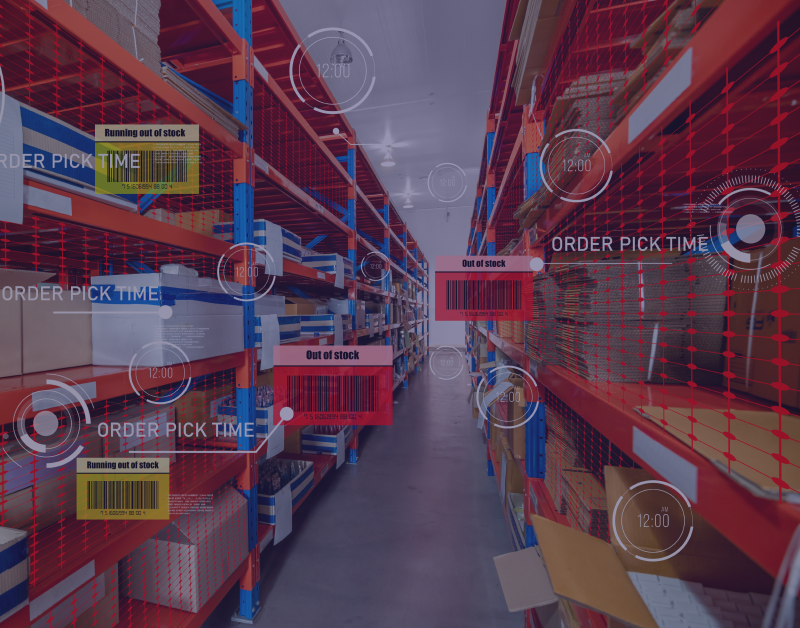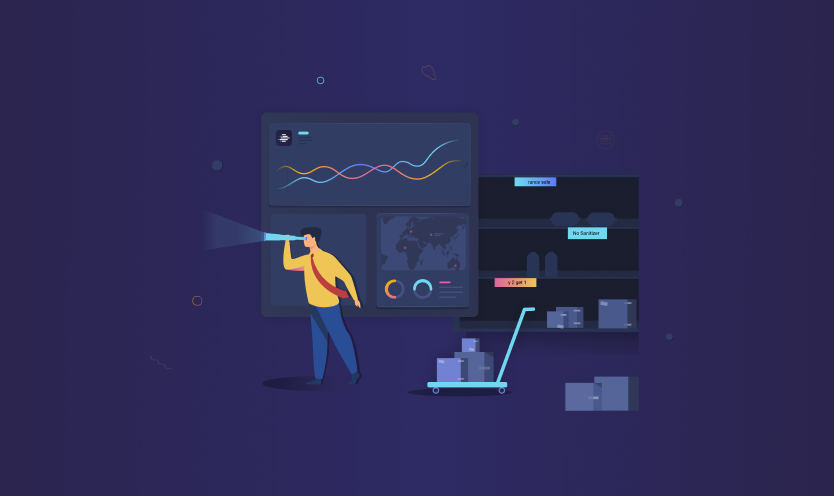The Case for Outsourcing AI as a Service
The Case for Outsourcing AI as a Service
As Artificial Intelligence (AI) continues to radically transform business operations across industries, more companies are choosing to outsource AI services from specialized providers. AI systems deliver an unprecedented level of efficiency and intelligence to processes, providing a competitive advantage and significant potential for revenue growth.
The technological marvels of AI, such as computer vision, cognitive computing, machine learning models, and natural language processing, enable businesses to gain insights and make data-driven decisions at unprecedented speeds and scales. This shift is particularly notable in the ecommerce sector, where business success hinges on customer-centric strategies and speed. Here, AI serves as a catalyst for innovation and competitive differentiation.
This guide outlines the case for adopting AI as a Service (AIaaS) in your business.
Key Takeaways
- AI as a Service (AIaaS) democratizes AI technology, reducing entry barriers and enabling businesses to leverage AI systems without significant upfront investment or technical expertise.
- AIaaS offers versatility and flexibility, providing customized and scalable solutions that enhance business efficiency and optimize resource allocation.
- The pay-as-you-go model of AIaaS reduces financial risk and offers price transparency, making it a cost-effective solution for businesses of all sizes.
What Is AI as a Service (AIaaS)?

Artificial Intelligence as a Service — along with cloud technologies, blockchain, and advances in augmented and virtual reality — epitomizes the ongoing Fourth Industrial Revolution. AIaaS allows companies to leverage powerful AI systems, provided by third-party service providers, without significant upfront investment or long-term financial risk. It offers out-of-the-box platforms that are simple to set up, enabling the testing of different public cloud platforms, services, and machine learning algorithms. This unique model reduces the entry barriers for AI adoption, allowing organizations to enjoy the benefits of AI without needing to develop and maintain standalone, proprietary AI systems.
Kinds of AIaaS
AIaaS is a newly emerging field, with different providers offering different kinds of AI and machine learning services. Here are the four most common types of AIaaS:
1. Bots and Chatbots
Using advanced natural language processing (NLP), bots and chatbots simulate human conversation to deliver automated customer service. These programs respond to common queries 24/7, freeing employees to focus on complex tasks. With recent advances in conversational abilities, studies already show 62% of consumers prefer chatbots over waiting for human agents.
2. Machine Learning

Machine learning allows businesses to discern trends in their data, make predictions, and gain insights far beyond traditional spreadsheet analysis. It requires little human intervention. With options ranging from pre-trained models to those designed for specific use cases, machine learning is a versatile tool in the AIaaS landscape.
3. Application Programming Interfaces (APIs)
APIs act as a bridge between two applications. Many AI applications draw extensively on APIs, including:
- Machine vision
- Conversational AI
- Sentiment analysis in NLP
4. Data Labeling
Data labeling involves annotating large data sets to organize them efficiently. This process, carried out using human-in-the-loop machine learning, ensures data quality, categorizes data, and prepares it for AI analysis. As such, data labeling is a requisite precursor for many important AI-enabled data operations.
7 Reasons to Adopt AIaaS in Your Business
There are many compelling reasons for businesses, especially ecommerce companies, to outsource AI services.
1. Quick Deployment
AIaaS provides a fast track to incorporating AI into your operations. Its flexibility allows businesses to explore various use cases without the time-intensive requirement of building and maintaining an AI tool for each. With customizable and modular options, organizations can swiftly deploy AI services and adjust them to align with their specific business needs, enhancing efficiency and agility.
2. Low Technical Requirements
One of the critical advantages of AIaaS is its minimal technical demands. This model suits organizations that do not have in-house AI developers or programming expertise. AIaaS provides a layer of no-code infrastructure, eliminating the need for complex coding or technical know-how during setup. This democratization of AI technology boosts accessibility, allowing a broader range of businesses to harness its potential.

3. Cost Savings
AIaaS delivers significant financial benefits. The pay-as-you-go model eliminates the need for substantial upfront investments, making it a cost-effective approach for businesses. AIaaS is particularly advantageous for small to mid-sized businesses or startups, which may not have extensive budgets for IT outlays but still aim to leverage AI.
4. Pricing Transparency
AIaaS offers clear pricing structures. Unlike traditional AI infrastructure — where costs may vary — most AIaaS pricing structures are consumption-based. This transparency ensures businesses pay only for the AI technologies they use, enabling efficient resource allocation.
5. Scalability
AIaaS offers a practical solution for businesses looking to scale. By automating repetitive tasks, AIaaS frees up your teams to focus on more strategic initiatives. As your business grows, AIaaS can smoothly scale to accommodate increasing demand, ensuring uninterrupted services.
6. Resource Optimization
AIaaS enables businesses to optimize their resources. For instance, chatbots can handle customer queries round the clock, reducing the workload on your customer service team and allowing them to concentrate on more complex issues. Also, with ML capabilities, businesses can analyze and identify trends in their data to drive more effective decision-making, without needing to devote considerable human resources to the task.
7. Risk Management
Outsourcing AI through AIaaS allows businesses to experiment with AI technologies without considerable investment risk. By employing third-party AI solutions, companies can explore and adopt advanced technologies without worrying about the potential failure of in-house projects. Mitigating these risks is critical for smaller enterprises that may not have the resources to absorb significant losses associated with unsuccessful AI initiatives.
Enhance Your Ecommerce and Retail Strategy with Hypersonix’s ProfitGPT
Leverage Hypersonix’s AI-driven platform for precise pricing and inventory recommendations to maximize profits and gain actionable insights for optimal growth.
Request a demo of ProfitGPT today. Read More about ProfitGPT





